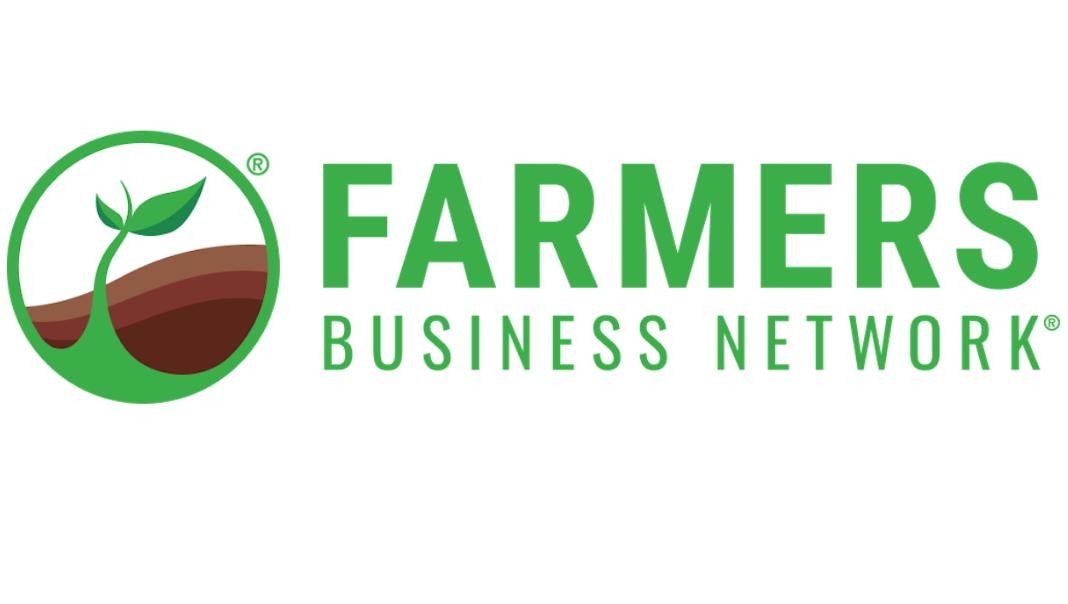Should You Keep or Sell Your Calves in 2025?
Monday, March 24, 2025
Reference: Farmers Business Network
 Amid the threat of New World screwworm (NWS) and an uncertain economy, many producers are still determining whether or not to keep their calves this year.
Amid the threat of New World screwworm (NWS) and an uncertain economy, many producers are still determining whether or not to keep their calves this year. There are several complex factors to consider to make the best decision for your ag operation. Below we explore some of the considerations for retaining calf ownership.
5 Considerations for Retaining Ownership of Calves
1. Improve Cash Flow
Cash flow is the most significant limiting factor to retaining calves for cow/calf producers. Business models and past practices are usually geared toward selling calves at weaning or shortly after.
Delaying income to retain ownership through finishing at the feedyard, however, is often more profitable than selling at weaning. Although there are costs associated with retaining calf ownership and risks such as potential mortality and downward market price, there are also benefits to keeping calves. Retaining calf ownership allows you to add quality and weight so you can potentially market at a higher value.
_________________________________________________________________________________________________________________
Determine your cash flow: FBN® Finance offers a free Cash Flow Projection Template to help you estimate the amount of cash that is projected to move through your ag operation. Download it for free here. _________________________________________________________________________________________________________________
2. Outsource Labor and Facilities
Labor has become a struggle for many operations. Facilities can also limit a producer’s ability to retain cattle. Understanding the limitations and constraints of labor and facilities is a factor that needs to be considered while developing a feeding plan.
Retaining ownership does not mean the calves must stay on your ranch or farm. If you maintain ownership and send your calves to someone else to feed, ask the feedlot or grow yard if they balance their rations for effective energy and amino acids. If they do not, you may be leaving money on the table.
3. Utilize Available Feedstuffs
Feed availability, especially in drought-stricken areas, can be the factor that prevents beef producers from keeping their calves at home. Lightweight calves can perform well on several different feeding regimens. Ingredient prices determine the best economic ration to obtain the desired rate of gain.
Rations can be developed utilizing by-products from low-quality products, such as gin trash and wheat middlings, to higher-quality products like DDGs and soybean meal. Forages also come in a range of quality, from corn stalks to silage and alfalfa.
_________________________________________________________________________________________________________________
Find the right mineral for your goals: Get answers to your loose mineral questions in this blog post, which helps make mineral selection easier. _________________________________________________________________________________________________________________
4. Reap the Reward for Genetic Improvements
Why should others get paid for the improvements in your cattle herd? Many ranches have tried to enhance their genetics to increase feed efficiency and improve carcass quality. The market sometimes overlooks this work and the cow/calf producer needs to be appropriately rewarded for their investments.
Retained ownership moves the ranchers a step or two closer to the beef consumer, which increases the probability of maintaining retail dollars.
5. Create a Marketing Plan
Read more
Sign up to stay connected
- News
- Property Alerts
- Save your favourite properties
- And more!
Joining Farm Marketer is free, easy and you can opt out at any time.
